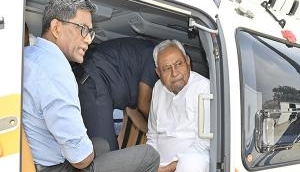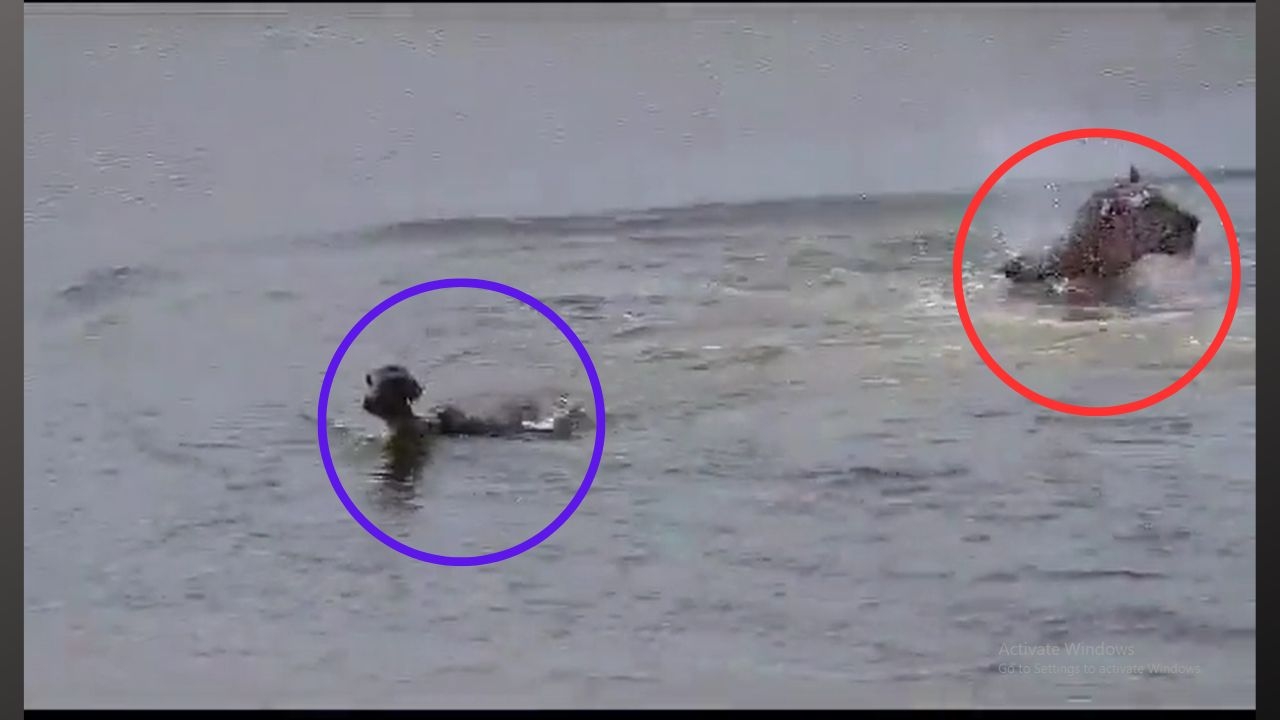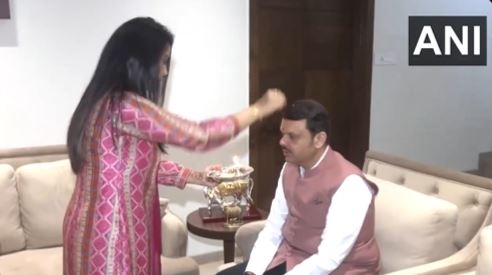Sue the Messenger: an insight into the murky world of libel suits

- Corporations regularly file criminal libel suits against journalists
- These suits are often called SLAPP - Strategic Legal Action against Public Participation
- A new book, Sue the Messenger, gives insight into this world, where businesses want mileage without transparency
- The book has been co-authored by veteran journalists Paranjoy Guha Thakurta and Subir Ghosh
- The reasons why there\'s scope for fear and intimidation in business journalism circles
- Why senior lawyers believe journalists should be undeterred
"All businesses want mileage, but few have the mettle to be transparent," says senior journalist Paranjoy Guha Thakurta.
Consequently, corporations regularly resort to filing criminal libel suits, often referred to as SLAPP (Strategic Legal Action against Public Participation), against journalists and media houses, in order to muzzle their voices.
Read: SC upholds criminal defamation law but free speech remains endangered
The pall of fear and intimidation, and the looming threat of punitive damages (which no journalist can afford to pay, and which can push many small media houses out of business), frequently ensure that business journalism is coerced into becoming a farcical exercise. Reporters are compelled to kowtow to corporations and business magnates, or remain silent.
The situation is such that none of the big publishing houses dared to come out with a book that details the giant corporate-government nexus in India, otherwise termed as 'crony capitalism'. It was left to an obscure publishing house - Authors Upfront - to do so.
The book is titled Sue the Messenger, and it has been authored by Guha Thakurta and another veteran journalist, Subir Ghosh.
How this situation arose
The reasons for the rise of this situation are manifold. On one hand, Indian law provides ample opportunity for corporations and individuals to just rush to court, crying defamation, and secure gag orders on reporting.
The requirement for proving 'actual malice' and deliberate falsification of facts, as the United States Supreme Court laid down in its New York Times v Sullivan (1964) ruling, is missing in India.
Also read: Journalism in India is like going to war, say senior scribes
That's not all. Prolific scholars on the Fundamental Right to Freedom of Speech and Expression, such as Lawrence Liang and Apar Gupta, state that in India, in so far as criminal defamation suits are concerned, "the process is the punishment".
There is also a lack of self-regulation in the media, on account of which, certain papers, television channels and journalists dare to engage in targeting business houses for reasons which can be termed only as 'extortion'.
Familiar terrain
Ghosh, who now works as an independent journalist, and Guha Thakurta, now the editor of the journal Economic and Political Weekly, write in meticulous detail of cases where corporations like Tata, Essar and Reliance pull out all stops to silence journalists who write 'against' them.
For Ghosh and Guha Thakurta, this field of SLAPP suits is a familiar terrain. After all, in 2013, Reliance India Limited (owned by Mukesh Ambani, who, as detailed in the book, managed to curry sufficient favour with the government in power so as to bag a hydrocarbon supply in Gujarat's Krishna-Godavari Basin) sued them for an astronomical sum - Rs 100 crore - for authoring the book "Gas Wars". In this book, they exposed how the company swung government contracts and tenders and rigged petroleum prices.
Crisis of democracy?
In the December 2013 issue of the Caravan, one of the few narrative and long-form journalism magazines in India, its editor Vinod Jose authored a piece titled "Habits of Mind: why the Indian press needs a philosophical model".
Read more- Chhattisgarh journos' cry at Jantar Mantar: 'Let us report freely'
In that piece, Jose asks, and also states: "The Indian media is like pliable dough. It can be kneaded, punched, and stretched in all directions. And if the hands that knead it are dirty, it becomes impossible to separate the grime from the good. External pressures and ugly internal impairments and pollutants jointly compromise the loaf."
What could Jose have been possibly alluding to? One could make a reasonable guess that Jose was obliquely referring to the deep nexus which exists between India's corporations and successive ruling dispensations.
Most of the Indian press is owned by business houses, and as the media scholar HL Menecken observed in an acerbic remark: "The freedom of the press belongs only to those who own one."
Unfortunately, India's courts end up, unwittingly or otherwise, playing handmaiden to these corporations.
Corporate giants are bent upon protecting their turf and skeletons in their cupboards, and don't hesitate to using the media for that purpose.
Sudeep Chakravarti, who authors a regular column, 'Root Cause', in the Mint, eloquently and succinctly states in the book: "Indian companies remain largely immature with regard to compliance with issues related to human rights and media freedom. This immaturity derives from ignorance and arrogance of power." Chakravarti terms this trend as "corporate social irresponsibility".
Fear not, surge ahead
Sue the Messenger was recently launched in New Delhi, and the launch was followed by a panel discussion, featuring Senior Advocate and jurist Fali Nariman, Supreme Court lawyer Karuna Nundy, Director of the Centre for Science and Environment (CSE) Sunita Narain, and former journalist and corporate PR veteran Dilip Cherian.
Nariman said the criminal defamation law, as stated in and defined by Section 499 of the Indian Penal Code, is an 'intolerable burden' in a democratic country.
Read- 'Quit journalism or leave this place': the choice before reporters in Bastar
He went on to state that though every individual and corporation has a fundamental right to move court, the manner in which some exercise this right - not to protect their reputations, but to silence dissent, often leads to a travesty of justice.
Nundy, a leading name in the fight for freedom of expression, mentioned the Delhi High Court's 27 November, 2009 judgement in the Crop Care Federation of India v Rajasthan Patrika Ltd case, and explained how it can act as an effective deterrent against SLAPP suits.
The case concerned Rajasthan Patrika's series of articles on the harm caused by the use of insecticides and pesticides, and how manufacturers were evading responsibility for their actions. The federation - a collective of insecticide-manufacturing corporations, accused the paper of running a 'vilification campaign' and dragged it to court.
The Delhi High Court held that only if one is able to prove, prima facie, that someone has deliberately hurled false allegations, a case of defamation would lie. Willy nilly criminal defamation suits, without the backing of substantive evidence, should not be entertained, the court held.
However, Nundy also pointed out how media organisations' irresponsibility, and sometime, mendacity, often provides the proverbial power spark to the keg.
Cherian said that the media ought to give corporations a right to reply, and not occupy the high moral ground and rave and rant against corporations.
Narain, who also runs the magazine Down To Earth, and has herself faced a string of SLAPP suits, and is still fighting them, undaunted. She narrated her plight with the Crop Care Federation, and how some other corporate giants are still harassing her and her organisation.
Of late, in India, where journalists are increasingly coming under attack, Nariman sounded a clarion call to pursue investigative journalism in an intrepid manner. Listing a number of legal strategies which can be used to combat SLAPP suits, he said: "As long as you do not get shot, don't worry if you get sued."
Edited by Shreyas Sharma
More in Catch:
Shiva Ayyadurai versus Gawker: just who really did invent email?
Achhe Din for Malegaon accused: Clean chit to Pragya, MCOCA dropped against rest
Diplomatic row after Bangladesh hangs pro-Pak war criminal
If there is a drought, food security is a must: SC
First published: 14 May 2016, 9:38 IST





![BJP's Kapil Mishra recreates Shankar Mahadevan’s ‘Breathless’ song to highlight Delhi pollution [WATCH] BJP's Kapil Mishra recreates Shankar Mahadevan’s ‘Breathless’ song to highlight Delhi pollution [WATCH]](https://images.catchnews.com/upload/2022/11/03/kapil-mishra_240884_300x172.png)

![Anupam Kher shares pictures of his toned body on 67th birthday [MUST SEE] Anupam Kher shares pictures of his toned body on 67th birthday [MUST SEE]](https://images.catchnews.com/upload/2022/03/07/Anupam_kher_231145_300x172.jpg)






